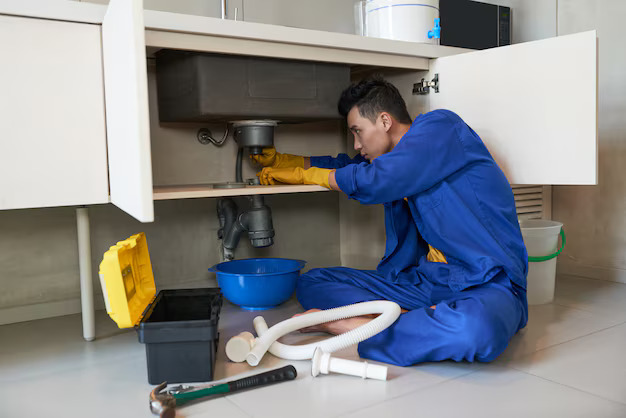In the demanding world of commercial kitchens, restaurants, supermarkets, and other businesses reliant on refrigeration, a breakdown can lead to significant financial losses and potential health hazards. Spoiled inventory, disrupted operations, and dissatisfied customers are just a few consequences of a malfunctioning refrigeration system. To avoid these issues, preventative maintenance is crucial for ensuring optimal performance and extending the lifespan of your equipment.
Why Preventative Maintenance Matters:
- Reduces Downtime: Regular maintenance helps identify and address potential problems before they lead to costly breakdowns and downtime.
- Extends Equipment Lifespan: Proactive care can prolong the life of your refrigeration units, saving you money on premature replacements.
- Improves Energy Efficiency: Clean and well-maintained systems operate more efficiently, reducing energy consumption and lowering utility bills.
- Ensures Food Safety: Properly functioning refrigeration is essential for maintaining food safety and preventing spoilage, which can lead to health hazards and legal liabilities.
- Maintains Consistent Temperatures: Regular maintenance ensures consistent temperature control, preserving the quality and freshness of your stored products.
Key Components of a Preventative Maintenance Plan:
- Condenser Coil Cleaning:
- Dirty condenser coils restrict airflow and reduce cooling efficiency.
- Regularly clean the coils using a soft brush or coil cleaner to remove dust, debris, and grease.
- Schedule professional coil cleaning at least quarterly, or more frequently in dusty or greasy environments.
- Evaporator Coil Inspection:
- Inspect evaporator coils for ice buildup, frost, or damage.
- Ensure proper airflow around the coils and address any obstructions.
- Defrost the evaporator coils regularly to prevent ice buildup, which can reduce cooling efficiency.
- Door Seal Inspection:
- Worn or damaged door seals allow warm air to enter the refrigerator, increasing energy consumption and reducing cooling efficiency.
- Inspect door seals for cracks, tears, or gaps.
- Replace damaged seals promptly to maintain a proper seal.
- Drain Line Cleaning:
- Clogged drain lines can lead to water leaks and mold growth.
- Regularly clean the drain line to remove debris and prevent blockages.
- Ensure the drain pan is clean and free of standing water.
- Fan Motor Inspection:
- Check fan motors for proper operation and lubrication.
- Ensure fan blades are clean and free of obstructions.
- Replace worn or damaged fan motors to maintain proper airflow.
- Refrigerant Level Check:
- Low refrigerant levels can indicate a leak, which can reduce cooling efficiency and damage the compressor.
- Schedule regular refrigerant level checks by a certified technician.
- Address any refrigerant leaks promptly to prevent further damage.
- Temperature Calibration:
- Ensure temperature controls are calibrated accurately to maintain consistent temperatures.
- Verify temperature readings with a calibrated thermometer.
- Adjust temperature settings as needed to maintain optimal storage conditions.
- Electrical Component Inspection:
- Inspect electrical connections for loose wires or damage.
- Ensure all electrical components are functioning properly.
- Address any electrical issues promptly to prevent safety hazards.
- Compressor Check:
- Listen for unusual noises or vibrations from the compressor.
- Ensure the compressor is operating within its specified temperature range.
- Address any compressor issues promptly to prevent costly breakdowns.
Scheduling Professional Maintenance:
While some maintenance tasks can be performed in-house, it's essential to schedule regular professional maintenance with a qualified HVAC technician. They have the expertise and tools to perform thorough inspections, diagnose complex issues, and ensure your refrigeration system is operating at peak performance.
By implementing a comprehensive preventative maintenance plan, you can minimize downtime, extend the lifespan of your equipment, and ensure the safety and efficiency of your commercial refrigeration system.





Comments